


According to the National Cancer Institute, lung cancer is the leading cause of cancer deaths in both men and women in the United States (NCI). At Chesapeake Oncology Hematology Associates (COHA), we provide various lung cancer treatment options customized to your needs.
Choose us for your lung cancer treatment option as our cancer experts fight this disease by:
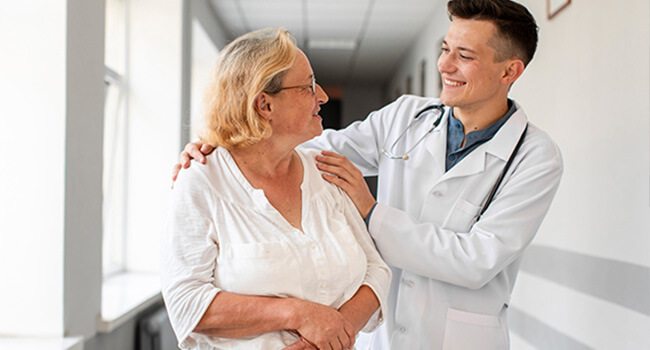
At Chesapeake Oncology Hematology Associates (COHA), we provide unparalleled expertise in identifying and treating all types of lung cancer:
At Chesapeake Oncology Hematology Associates (COHA), we provide the best treatment options for lung cancer:
If your cancer is limited to your lungs, surgery may be recommended. Our surgeons at COHA will remove the malignant tissue, lymph nodes in the tumor region, and a healthy margin of surrounding tissues with precision.
Our specialists employ radiation therapy to destroy cancer cells, which induces high-energy x-ray photons. It can be used to treat both early-stage and advanced-stage lung cancer and also combined with chemotherapy.
Chemotherapy kills cancer cells by administering drugs orally or intravenously. It can be administered before surgery to shrink and efficiently remove cancer cells or after surgery to eliminate any leftover cancer cells. It's also used when surgery is not an option and is frequently combined with radiation for more advanced lung cancers.
It's a cutting-edge therapy our specialists employ for patients, where a precise radiation dose can target cancer cells with very little radiation to the surrounding healthy tissues.
This is a dedicated recovery center for patients after chest surgery at COHA. It has been shown to improve safety and reduce the duration of hospitalization.
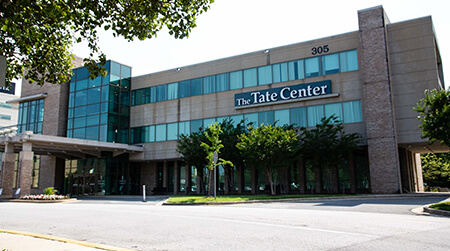
8:00 AM ~ 4:30 PM (M-F)
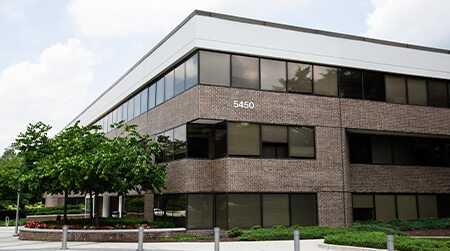
8:00 AM ~ 4:30 PM (M-F)
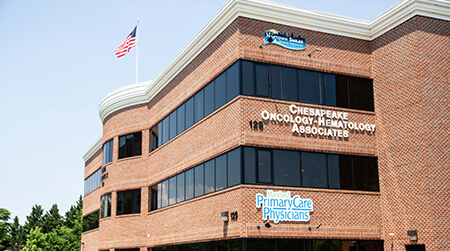
8:00 AM ~ 4:30 PM (M-F)
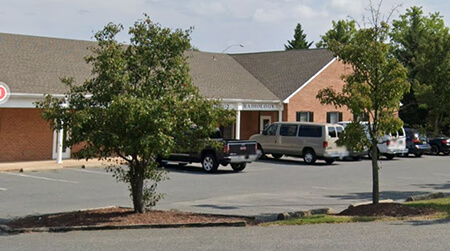
8:00 AM ~ 4:30 PM (M-F)
Cancer rarely goes away on its own without treatment. Treatment is usually necessary to eliminate the cancer cells because these cells do not operate like normal cells. Normal cells can stop growing and die if they are moved. However, cancer cells grow indefinitely and can break away to spread to other regions of the body. Therefore, if lung cancer is not treated, it will continue to develop and spread throughout the body.
If you’re concerned about developing lung cancer, the following steps can reduce your risk:
Smoking is one of the main causes of lung cancer. Even being exposed to secondhand smoke can increase the risk of lung cancer, and smoking leads to mutations that cause lung cancer. Thousands of chemicals are found in cigarette smoke, including several carcinogens. Although the human body can frequently detoxify and eliminate carcinogens, when it cannot do so, residual carcinogens can cause cells in the body to mutate, occasionally developing into malignant cells.
Routine screening is very effective in detecting abnormalities in the lungs. However, routine screening is not needed by people having a low or average risk of developing lung cancer. Only those who are between the ages of 55 and 77 should get screening under these conditions:
You may have these symptoms if you have lung cancer:
If a cough lasts more than two months, it’s a good idea to consult with your physician, who can identify the underlying cause and suggest treatment for you.
Yes, it can. A person who has lung cancer may experience shoulder discomfort or weakness (as well as in the chest, back, arm or hand).
Many lung cancer symptoms don’t become apparent until cancer reaches an advanced stage. Since the lungs cannot be seen or touched, it is more difficult to determine whether something is wrong until troubling symptoms such as a chronic cough, chest discomfort, shortness of breath, and unexplained weight loss arise.
There is no proper answer to this as cancer’s behavior varies greatly depending on its location, type, stage, and various other factors. However, on average, most lung cancers double in size in about 4-5 months.
Despite your limited lung capacity due to lung cancer, it is suggested that you incorporate some physical activities into your daily routine. With exercises, you can enhance your strength, energy, endurance, and quality of life, which are all key factors for recovery and well-being. However, please consult our oncologists to see what is right for you.